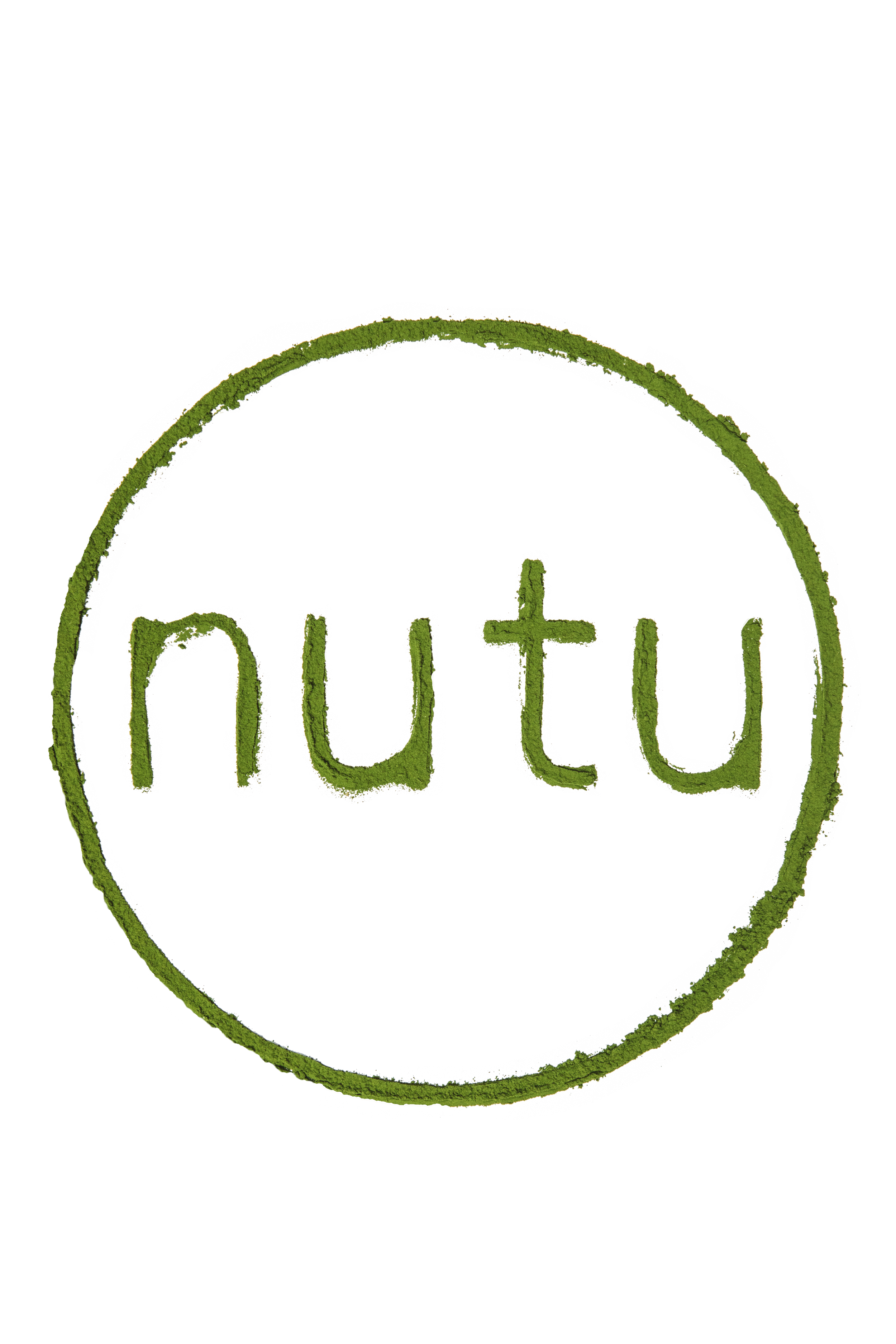Why It's Important to Detoxify the Blood
Detoxing is a buzzword with which many of us have become intimately acquainted in the modern age. News outlets, influencers and functional medicine doctors alike all talk about the virtues of giving your body a reset. But what does it actually mean to really detox?
Put simply: detoxing means cleansing the blood so the liver can function more efficiently. The body has the innate power to heal itself – and given half the chance, our body will always work to heal and cleanse on its own. But we need to create the right environment to promote this type of healing. And at nutu, this means fewer fad diets and more intentional lifestyle choices to promote balance within the body and within your life.
So what are we actually detoxing from? Unfortunately, there is an undeniable onslaught of toxic chemicals in our everyday life that our grandparents did not have to deal with. From the air in our cities, to the water we drink, to the pesticides on our food, we are exposed to chemicals we have no control over on a daily basis. There are chemicals in our cleaning, beauty and laundry products and even in our mattresses. It can be an overwhelming topic to attempt to tackle – and difficult to know where to begin. Rather than obsess over elements beyond our control, we take an approach of harm reduction. How do we help our body facilitate its ability to heal itself whilst limiting our own toxin intake? It’s helpful to understand the why of the importance of detoxing in order to motivate ourselves.
Since the cleansing of the blood happens in the liver, it is important to pay particular attention to liver health on a consistent basis. It is our most regenerative organ, and it has a lot of jobs to do. If we start to think of detoxing as a way to support the liver and make its job easier (and get rid of foods that cause unnecessary toxic overload), it may make it easier to take the leap and commit to some sort of detox process. The liver processes nutrients from our food, eliminates any waste from what you consume, cleanses the blood and removes unwanted toxins. When it is overloaded, it is unable to do its myriad jobs as effectively.
In order to facilitate healing and avoid toxic overload on the liver, it is often suggested to eliminate alcohol, coffee, refined sugar, fried food and too much meat. The principles of detoxing come down to fasting and elimination, and by this process the blood, liver and intestines are cleansed. We also want to be sure we give our bodies the rest it needs to truly detox. Take the time to rest when you first eliminate, because whilst our system is adjusting, it needs to be able to renew. In Paul Pitchford’s classic book Healing With Whole Foods, he writes “When a new diet is adopted, one can expect some reactions as the biochemical processes within each cell change. If the new diet is also purer, then old toxins are released, sometimes with various forms of discomfort known as ‘healing reactions.’ Such cellular changes also affect the mind and not only represent changes in the mental dimension, but are themselves the transformations of old emotional and mental patterns embedded in the RNA/DNA of the body’s cells.”
If you have digestive issues, acne, an inflammatory condition, fatigue or general mental fog – detoxing the body for a short time can often help ameliorate these symptoms. Don’t be dismayed if you experience an increase in these symptoms as you detox, they are most likely the “healing reactions” Pitchford refers to, and usually only last for a few days. In Ayurveda and Traditional Chinese Medicine, which have been practiced for thousands of years, detoxing has always been common practice. It’s intuitive – we need rest to renew and reset each and every day, so it would make sense that our organs need a rest, too.
Part of why it feels so difficult to put down the chocolate or forgo your morning coffee in favor of a caffeine-free alternative could very well be, at least in part, down to the emotional attachments we have to old habits. To be sure, taking toxic foods out of your diet will considerably aid the liver’s capacity to detox and act as a preventative measure for long term healing. According to Pitchford, “gentle maintenance cleansing on an ongoing basis normally entails consuming plant foods, and modern people need an abundance of these foods to overcome their rather toxic diet and lifestyle. Actually, many people endeavor to eat better, cleaner, lighter and more healthful diets, but return to old, deep dysfunctional habits and unhealthy emotional ties with foods. Because of the high failure rates of those trying to upgrade their diets, I have found the integrative approach to nutrition—one that advocates self-reflection, exercise, and gradual transition as facets of nutrition reform—had a higher rate of success.”
There are certain foods, vitamins and daily practices that can also help facilitate in the process of detoxification and liver health (which as we have learned, go hand-in-hand). Moringa is a great addition to your detox routine – you can add our Moringa Powder or our Moringa Leaf Tincture to a smoothie, as part of your morning oatmeal or mixed in with your favorite soup recipe. Other excellent blood purifying foods which promote detox are beets, celery, cucumber, grapes, raspberries, lettuce, mung beans, kelp, radish and watercress. Exercise, adequate sleep and stress reduction methods such as meditation and massage are also excellent, sustainable detox practices to incorporate into your daily life.
For more in-depth information on moringa and its capacity to help the system detox, have a look at our compilation of scientific studies on detox and moringa.
Contributor : holistic health coach and meditation leader Nora Logan

